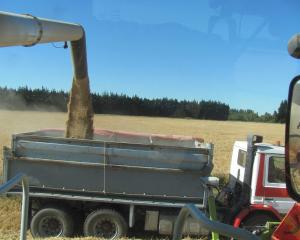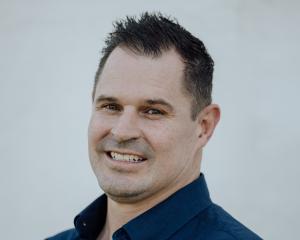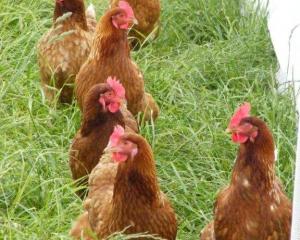

The 16-year-old has signed on to be the first student to embark on the Growing Future Farmers programme in Otago.
He will start his two-year training programme on Josh Adam’s farm in Henley, south of Dunedin, in January next year.
"We’ve got 1500 ewes, 3500 chickens, 50 beef cows and about 30 rodeo bulls — a bit of everything," Finn said.
The appeal of a job on a farm was being able to work with animals and be outdoors.
On his breaks from studying at Taieri College, he had worked on the farm and secured a full-time job earlier this year.
The programme appealed because it provided NZQA learning and extensive practical work experience.
"My parents don’t farm so I’m kind of a townie, so it gives me the chance to learn things I didn’t learn growing up."
Growing Future Farmers chief executive Wendy Paul, of Auckland, has been attending open days showcasing the programme in the South last week.
About 45 people attended the open day at Wakefield Farm in Dipton in Northern Southland.
The programme was launched in Southland in 2021.

A search was on for more farmer trainers in Otago, Ms Paul said.
An event to recruit farm trainers in Otago at Beaumont Hotel was held last week.
Up to 20 people at the event showed interest in being farm trainers and being matched to suitable students.
"We have a definite five interested."
The aim was to match one student to up to 10 farm trainers in Otago.
A family on a sheep and beef farm in Gisborne launched the programme in 2016 to address a shortage of skilled workers in the sector.
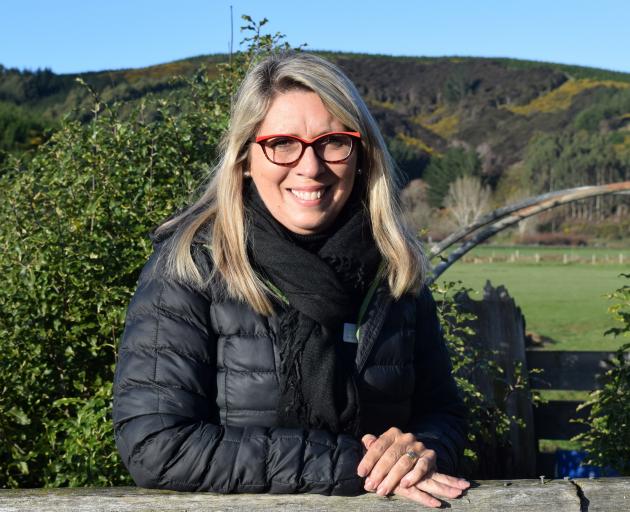
"We are aiming to fill that but it’s quite a big gap and we are aiming to play our small part."
Growing Future Farmers Otago liaison manager Bonnie Fogarty , of Roxburgh, said many students in the programme were "townies", who had no contacts to be able to get on a farm and learn skills.
"It is about guiding our young ones in the agricultural sector and educating them ... it’s really exciting."
Activities at the open day included a race to install an electric fence, competitions in gumboot throwing, guessing the weight of a working dog and the number of docking rings in a jar.
Demonstrations at the open day in Henley included working dogs and shearing sheep.
A crutching demonstration was put on by students in the Southland programme, Sarah Harvey, of Winton, and Sam Ollerenshaw, of Balclutha.
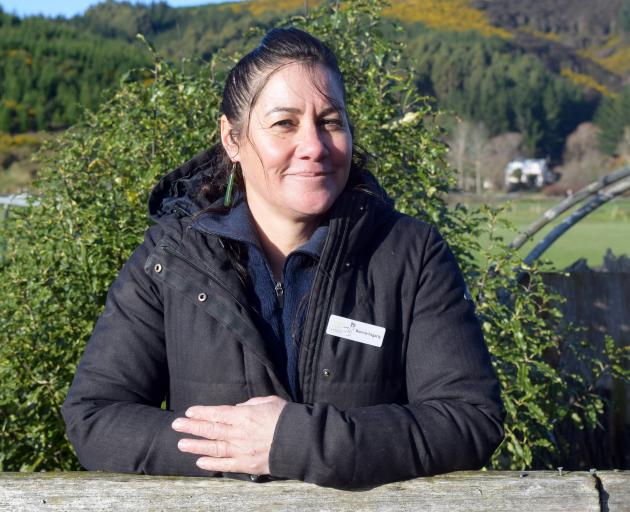
Miss Ollerenshaw said the appeal of the programme was being able to work on a farm and gain practical experience rather than be stuck in a classroom.
"It’s hands-on learning and you know you’re going to have a genuine person who is willing to teach you."
She once got a job on a sheep and beef farm in Central Otago, but her employer’s expectations were unrealistic.
"It wasn’t worth it — I’d go to work and they expected me to know how to run the farm."
Miss Harvey said farmer trainers on the programme had realistic expectations of a student’s abilities.
"They know you are coming in green. You don’t realise how much you don’t know until you’re on the farm."
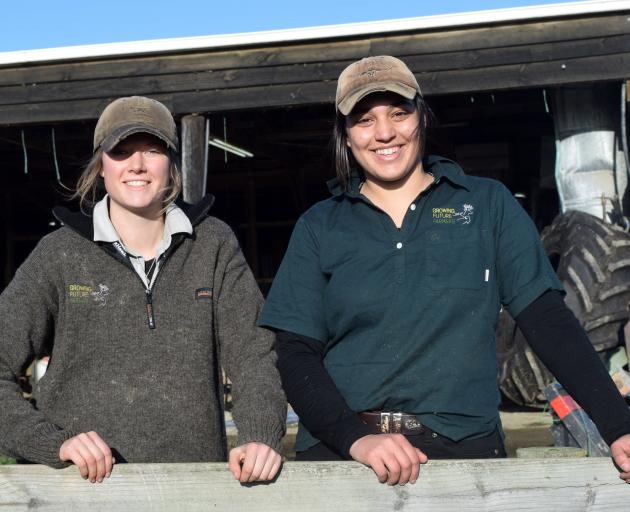
"My huntaway’s going well."
Ms Paul said the programme was free for students.
A farmer invested about $45,000 per student during a two-year programme.
Applications to enrol in the programme next year close on September 1.
If a student’s application was accepted, the next stage was "a bit of speed-dating with some farm trainers, so you — and them — can get a feel for what farm you’d like to go on".








